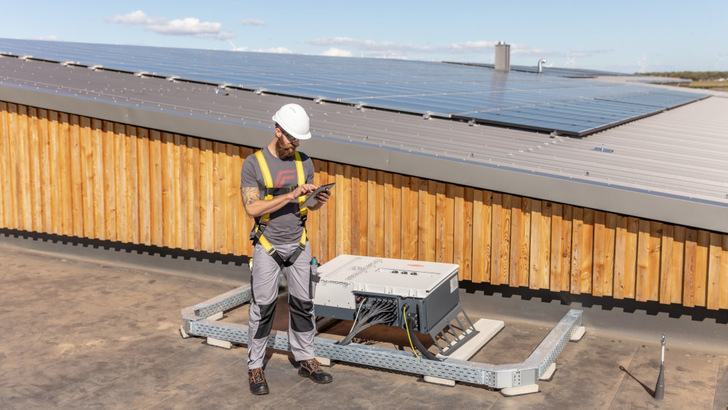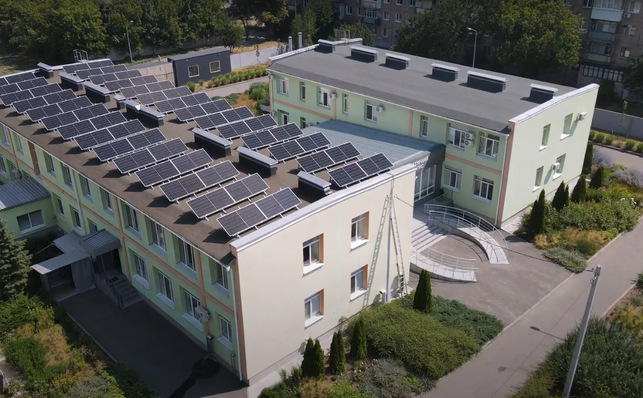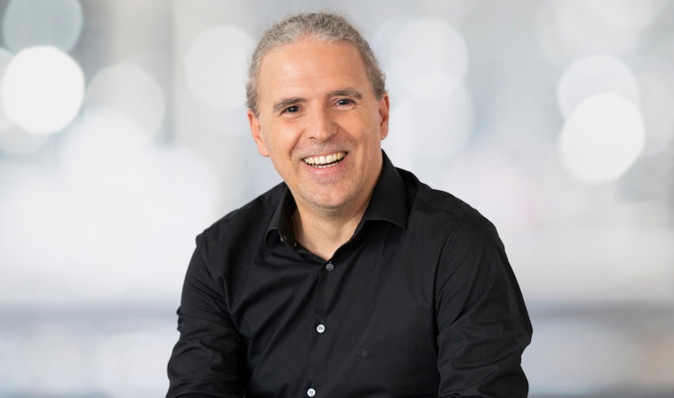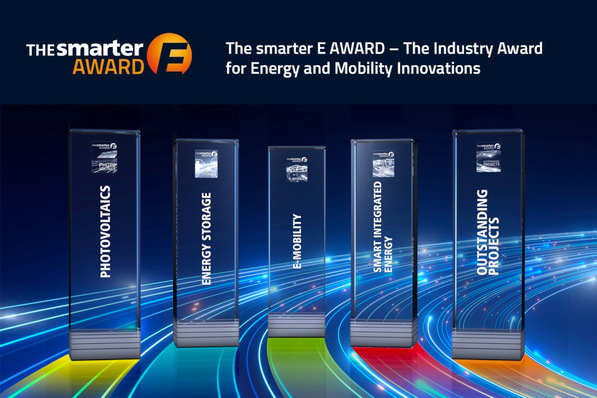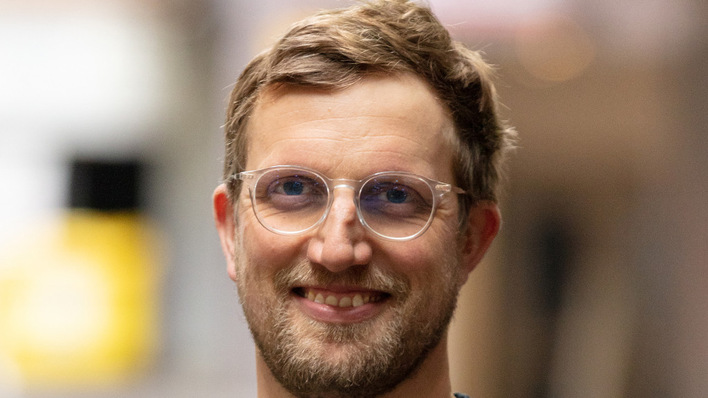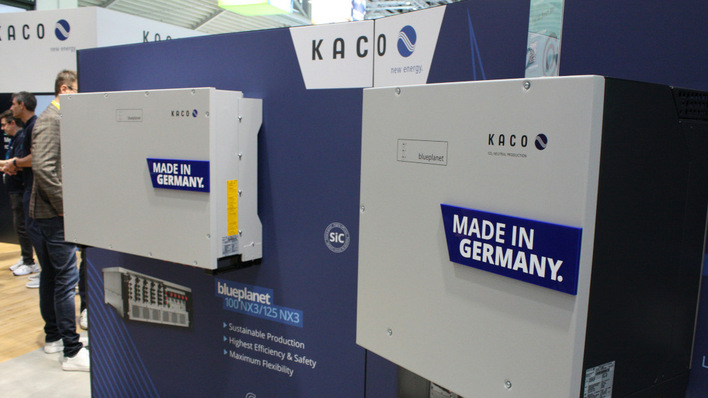Fronius has analysed the life cycle of its new Tauro project inverter. The results are impressive. The environmental benefits of integrating the inverter into a solar system exceed the costs over its entire life cycle by a factor of 52. Within a maximum of ten months, it has converted more electricity than was consumed for its production.
All life cycle steps analysed
These are just two of the many very good results of the life cycle analysis. The sustainability experts at Fronius spent eight months examining every step in the life of one of the project inverters. This begins with the procurement of raw materials, continues through production and use, and extends to disposal at the end of the product life cycle. Even the smallest details were examined.
See also: Fronius looks back at the last 30 years and forward to what the future holds
"We evaluated 960 components with 5,050 parts and actually etched components in sulphuric acid to be able to determine the weight of the semiconductors and gold components they contain even more precisely," says David Schönmayr, Project Manager for Research and Development at Fronius International, describing the process.
Incorporating the results into product development
From this, the experts derived a total of 8,400 results. These were then tested by the Fraunhofer Institute for Reliability and Microintegration (IZM) in accordance with ISO 14040 and 14044. "This is scientifically proven sustainability. We work on a fact-based basis because we want to know where we stand and incorporate these results into future products," Schönmayr emphasises. "A life cycle assessment is not an end in itself, but should specifically identify opportunities for life cycle improvements," adds Karsten Schischke from Fraunhofer IZM. "This is exactly what the life cycle analysis of the Tauro has achieved. The detailed analysis not only confirms the important positive contribution of photovoltaic inverters to an ecological transformation of the energy sector, but also works out focal points for further potential for improvement from the point of view of climate protection but also the circular economy," he says. (su/mfo)


